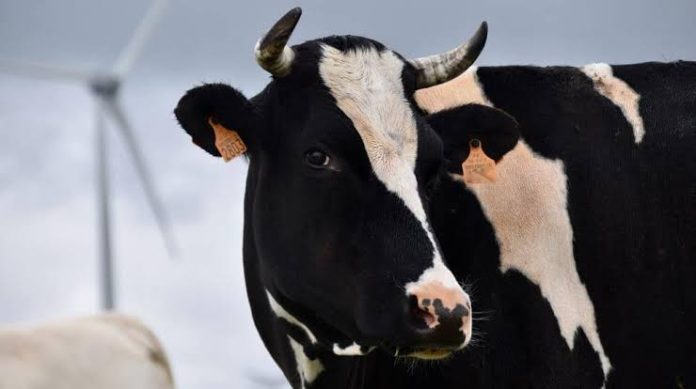Brazil’s recent announcement of receiving approval from Pakistan to export live cattle, cow embryos, and semen marks a significant development in bilateral trade relations. This move expands Brazil’s market reach in South Asia, presenting economic opportunities for both nations.
The approval for live cattle exports is noteworthy, given Brazil’s prowess in the livestock industry. The country’s live cattle exports, totaling nearly $489 million last year, have experienced a substantial surge from the previous year, reflecting the global demand for Brazilian livestock.
Furthermore, the inclusion of cow embryos and semen in the export approval showcases Brazil’s expertise in advanced agricultural technologies. This not only enhances Pakistan’s livestock industry but also reflects Brazil’s position as a leader in agricultural innovation.
Simultaneously, Brazil’s permission to export young tilapia fish to the Philippines strengthens its presence in the Asian market. The $918 million worth of goods imported by the Philippines from Brazil in 2023, with meat proteins comprising a significant share, underscores Brazil’s role as a major meat exporter.
Pakistan’s 2023 imports from Brazil amounted to $298 million, primarily in fibers and textiles. This diversification of imports indicates a growing economic relationship between the two countries beyond the traditional sectors.
In the broader context, Brazil’s overall export volume of nearly $340 billion in 2023, predominantly to China, underscores its significance in global trade. Brazil’s diverse export portfolio, ranging from agriculture to textiles, positions it as a key player in the international market.
The expansion of Brazil’s exports to Pakistan and the Philippines not only contributes to the country’s economic growth but also fosters mutually beneficial partnerships, strengthening global trade dynamics. This diversification in export destinations is crucial for countries like Brazil to mitigate risks and seize emerging opportunities in different regions.


